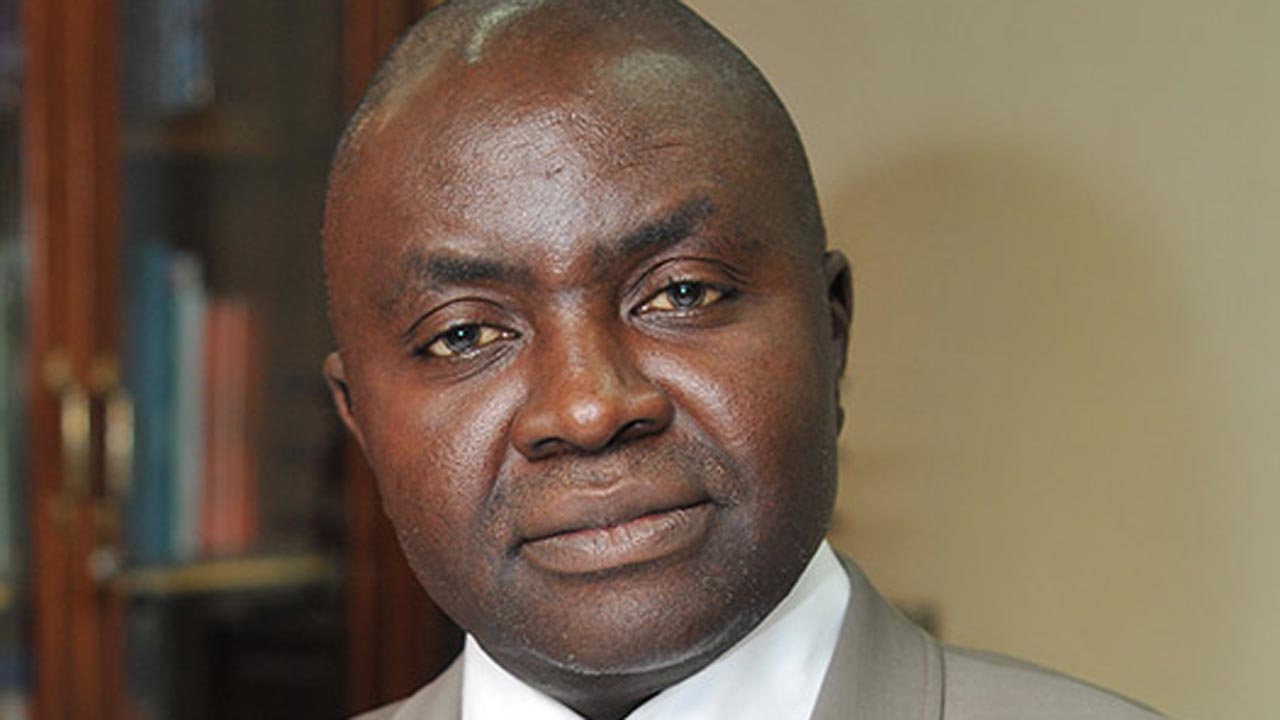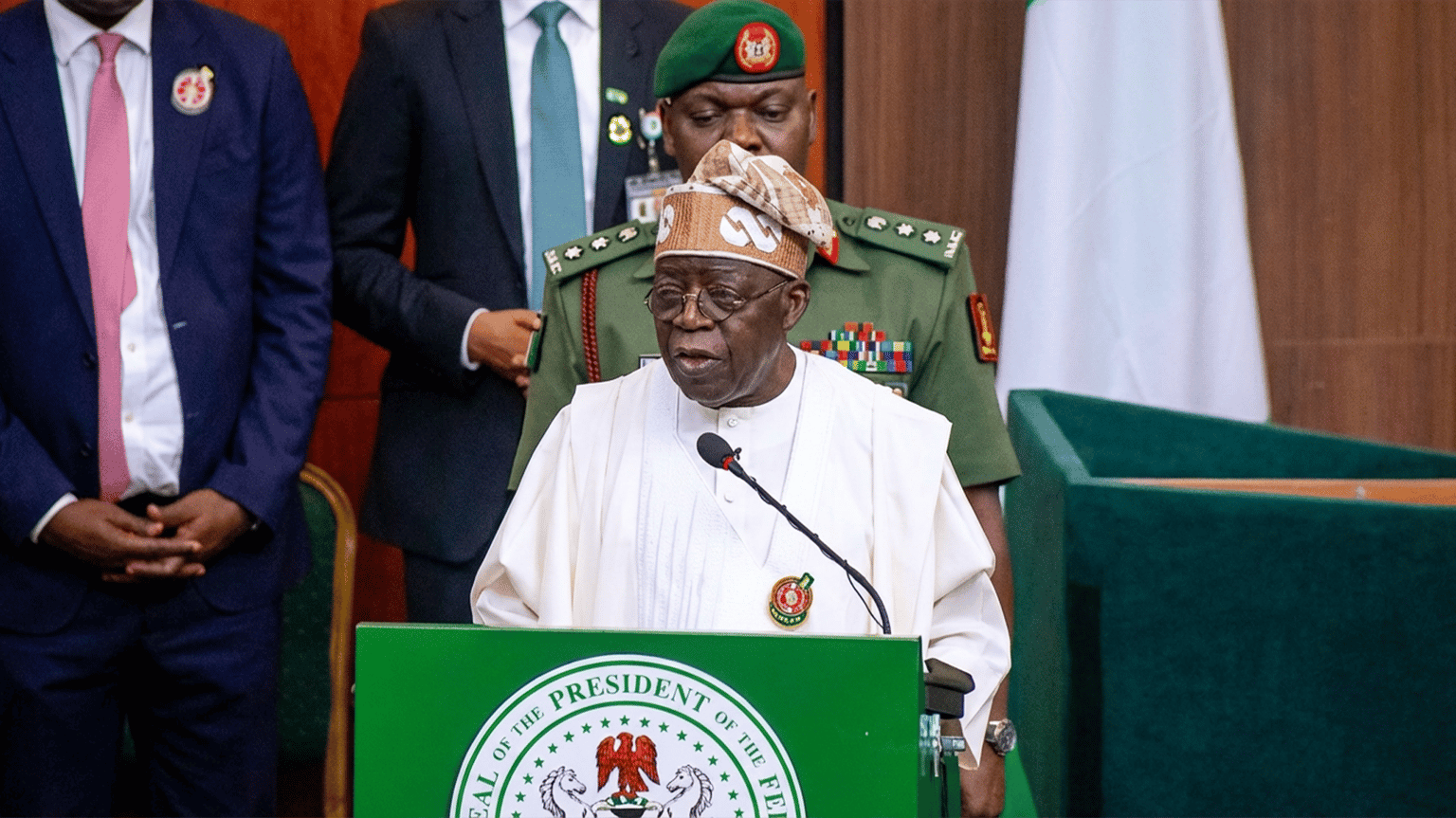
Nigeria’s $36.7b budget too small – CPPE
The Centre for the Promotion of Private Enterprise (CPPE) has said that Nigeria’s 2025 budget of $36.7 billion (₦54.99 trillion) is too small for the economy.
It said Nigeria’s 2025 budget is far behind that of its peers in Africa. Giving the example of South Africa with a $141 billion budget, Algeria with $126 billion, Egypt with $91 billion, and Morocco with $73 billion, CPPE said this small budget, despite the country’s large economy and population, limits fiscal capacity for transformative investments in infrastructure, human capital, and social welfare.
It said this situation underscores the urgency of revenue diversification, public-private partnerships, and enhanced non-tax revenue mobilisation.
The Centre, in a policy brief on Nigeria’s fiscal and tax reforms signed by its Chief Executive Officer, Dr Muda Yusuf, acknowledged that two landmark policy measures — the removal of fuel subsidy and the unification of exchange rates — have significantly boosted government revenues, expanded fiscal space, and improved the capacity for public investment.
It also noted that collections from Value Added Tax (VAT) and Company Income Tax (CIT) have increased, reflecting stronger compliance and a gradual recovery in economic activities.
“Subnational governments are reporting higher revenues and increased allocations to agriculture, infrastructure, and social development,” it said.
“However, rising inflation and currency depreciation have moderated the real value of these gains, underscoring the need for prudent fiscal management and realistic expectations.”
It said that with limited fiscal space, spending efficiency is paramount to curb wastage. It listed priority spending areas to include roads, power, ports, and digital infrastructure to reduce business costs and improve competitiveness; targeted support for manufacturing, MSMEs, and technology-driven enterprises to increase productivity; investment in agriculture, storage, irrigation, and logistics to stabilise prices and supply; strengthening of law enforcement, intelligence, and military capability, as well as increased investment in health and education to build a skilled and productive workforce.
“Governments at all levels should minimise waste, link spending to measurable outcomes, and comply strictly with fiscal responsibility benchmarks,” CPPE said.
It also advised states and local governments to play a pivotal role in national fiscal sustainability, noting that many have benefited from higher federal allocations, improved internally generated revenue (IGR), and expanded investments in key sectors. “Aligning fiscal priorities with local economic needs — supported by transparency and accountability — will promote balanced national development and reduce dependence on federal transfers.”
While accepting that the recent tax reform measures have introduced several positive features, including reliefs for producers and priority sectors, as well as higher exemption thresholds for low-income earners and small businesses, among others, it, however, noted that private sector concerns remain over compliance costs, the increase in capital gains tax from 10 per cent to 30 per cent, and possible welfare implications of personal income tax changes. It called for effective implementation guided by stakeholder consultation, flexibility, and evidence-based adjustments.
CPPE urged the government to adopt realistic fiscal assessments for inflation and exchange rate effects and communicate outcomes transparently.
The Centre also called on the government to broaden and diversify the revenue base by improving tax efficiency, expanding the tax net, and optimising non-tax revenues and national assets.
Other areas the government needs to pay attention to, according to CPPE, are prioritising high-impact spending by focusing on infrastructure, food systems, productivity, and security; strengthening subnational fiscal capacity by supporting fiscal autonomy, accountability, and efficient resource use in states; implementing tax reforms with flexibility by maintaining continuous dialogue with stakeholders and refining policies as needed; and reinforcing fiscal discipline by ensuring strict adherence to fiscal responsibility frameworks across all levels of government.
“Nigeria’s fiscal and tax reforms have delivered important progress in expanding revenue and improving fiscal sustainability. The next phase must focus on deepening revenue diversification, enhancing spending efficiency, and aligning fiscal outcomes with real economic performance.
“With prudent management, stakeholder collaboration, and social sensitivity, these reforms can lay a solid foundation for a more resilient, productive, and inclusive Nigerian economy,” CPPE noted.
Tags:
No tags
Related Posts
Loading...



